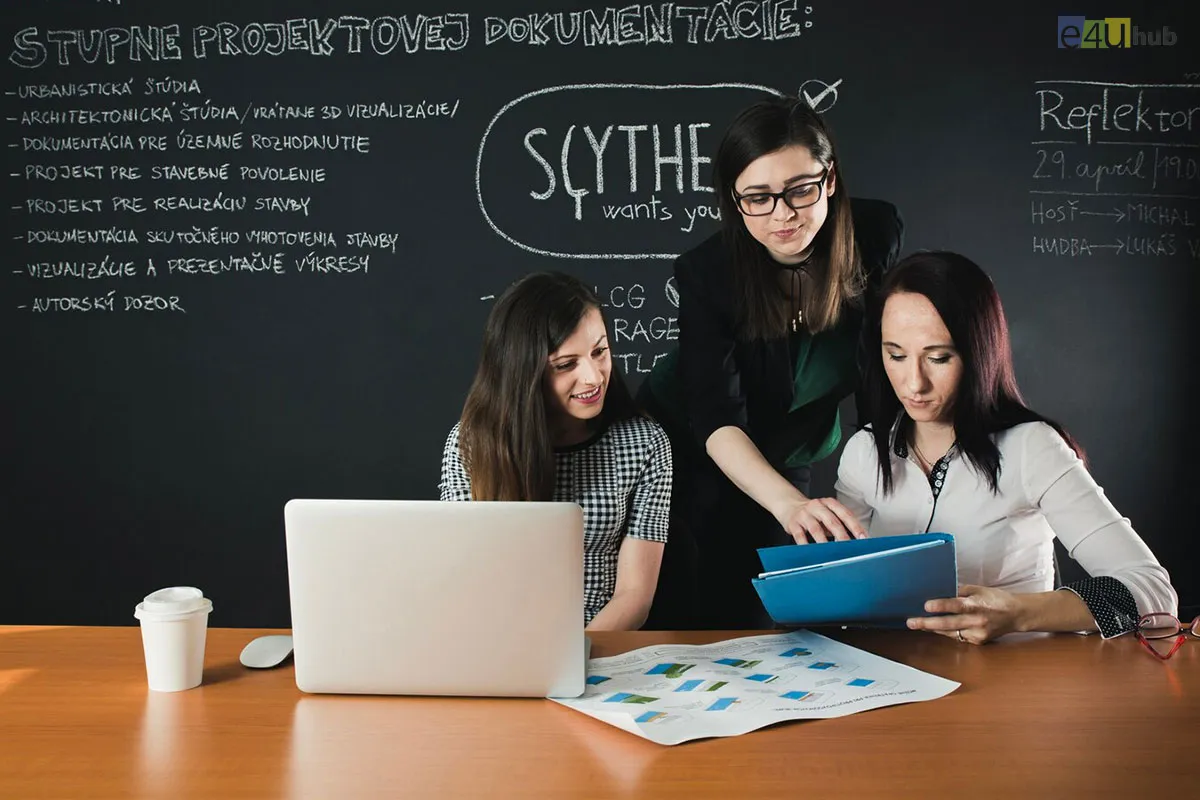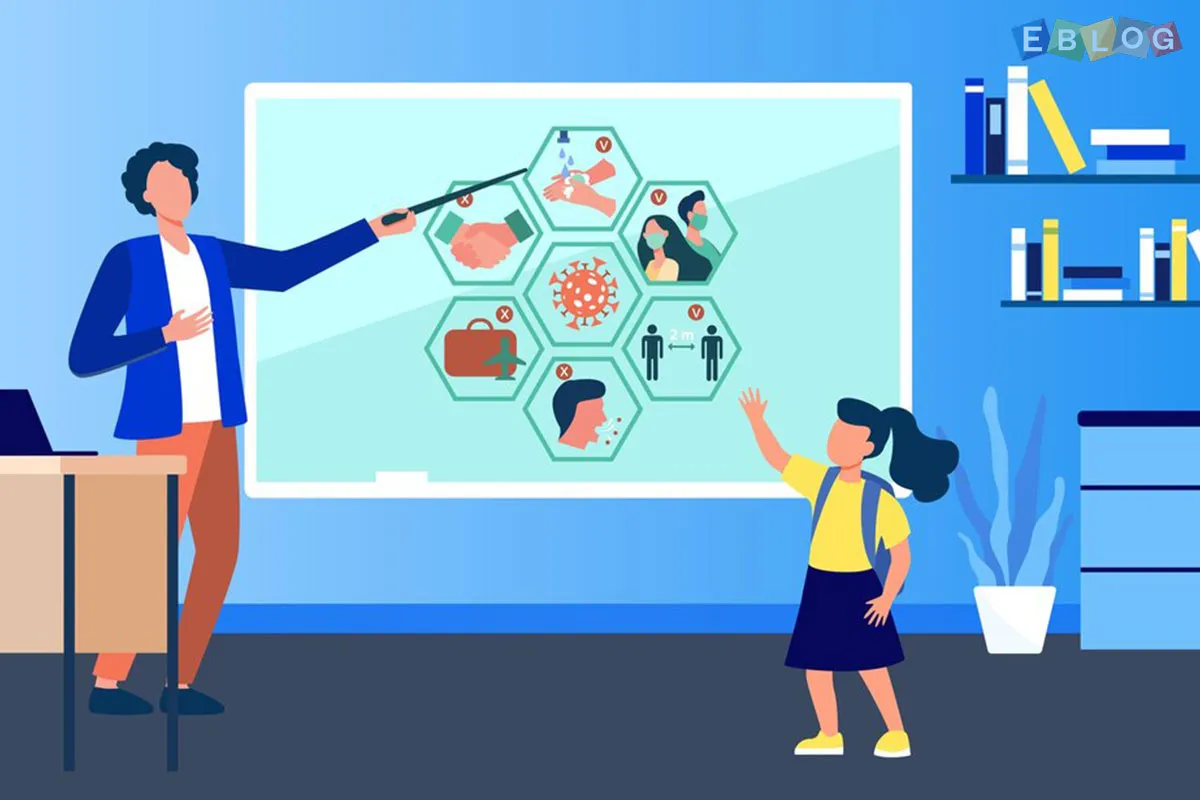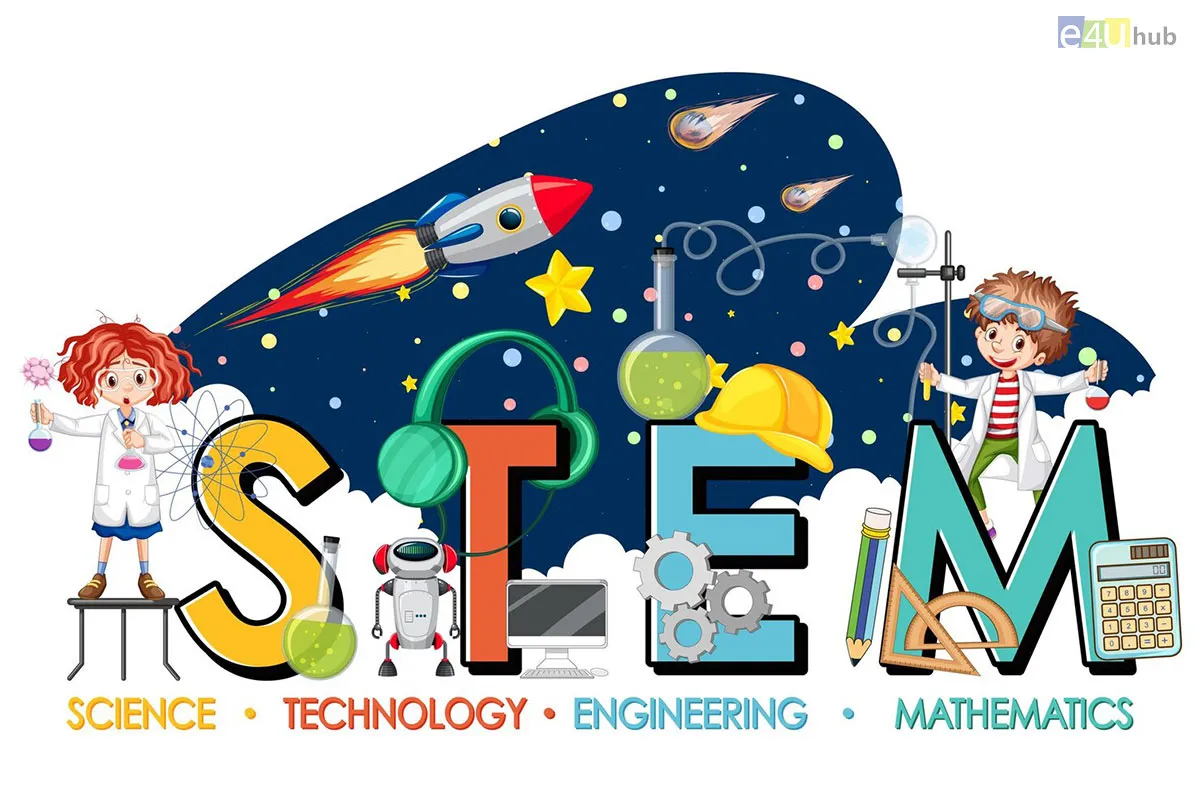
Share tips and strategies on Effective Study Techniques
- 01 Nov, 2023
- Education
- 620 Views
- 0 Comments
Effective study techniques can significantly improve learning and retention. Here are some tips and strategies to enhance your study sessions:
1. Set Clear Goals:
a) Specific Objectives: Clearly define what you want to achieve in each study session. Setting specific goals keeps you focused and motivated.
2. Active Learning:
a) Engage Actively: Instead of passively reading, engage with the material. Take notes, ask questions, and discuss topics with peers.
b) Teach Others: Explaining what you've learned to others reinforces your understanding of the subject matter.
3. Effective Note-Taking:
a) Organized Notes: Summarize information in your own words. Use headings, bullet points, and diagrams for better organization.
b) Review Notes: Regularly review and revise your notes. Repetition reinforces memory.
4. Use Multiple Senses:
a) Visual Aids: Utilize charts, graphs, and mind maps to visualize complex concepts.
b) Auditory Learning: Record lectures or readings and listen to them while revising.
5. Practice Retrieval:
a) Self-Testing: Quiz yourself on the material. Retrieving information from memory enhances long-term retention.
b) Flashcards: Create flashcards for quick, focused self-testing.
6. Effective Time Management:
a) Pomodoro Technique: Study for 25 minutes, then take a 5-minute break. Repeat this cycle to maintain focus and prevent burnout.
b) Prioritize Tasks: Identify the most important topics and tackle them first.
7. Healthy Lifestyle Choices:
a) Adequate Sleep: Ensure you get enough sleep. Lack of sleep impairs memory and cognitive functions.
b) Regular Exercise: Physical activity enhances brain function and memory.
8. Varied Study Locations:
a) Change of Environment: Study in different places to prevent monotony. A change in surroundings can enhance focus and creativity.
9. Mindfulness and Relaxation:
a) Relaxation Techniques: Practice relaxation methods like deep breathing or meditation to reduce stress and improve focus.
b) Mindfulness: Be present and fully engaged in your studies. Avoid distractions and multitasking.
10. Review and Reflect:
a) Regular Review: Periodically review previously learned material to reinforce memory.
b) Reflective Journaling: Write about what you've learned. Reflective writing aids in understanding and retention.
11. Seek Help When Needed:
a) Ask Questions: Don't hesitate to ask teachers, classmates, or online forums for help if you're stuck on a concept.
b) Tutoring: Consider tutoring if you need personalized assistance in difficult subjects.
12. Healthy Diet:
a) Balanced Nutrition: Maintain a balanced diet. Certain nutrients, like omega-3 fatty acids, are beneficial for brain health.
13. Use Technology Wisely:
a) Educational Apps: Use apps designed for education and revision. Many apps offer interactive ways to learn and test knowledge.
14. Positive Mindset:
a) Believe in Yourself: Cultivate a positive attitude. Believe that you can understand and master the material.
b) Positive Affirmations: Use positive affirmations to boost confidence and motivation.
Remember, effective studying is not about the amount of time you spend studying but how efficiently you use that time. Experiment with these techniques to find the methods that work best for you, and tailor your approach to suit different subjects and learning styles.















Leave a Reply